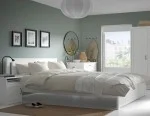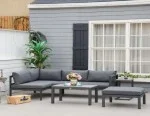Home / poxy painting
EPOXY PAINTING – INSTANT QUOTATION
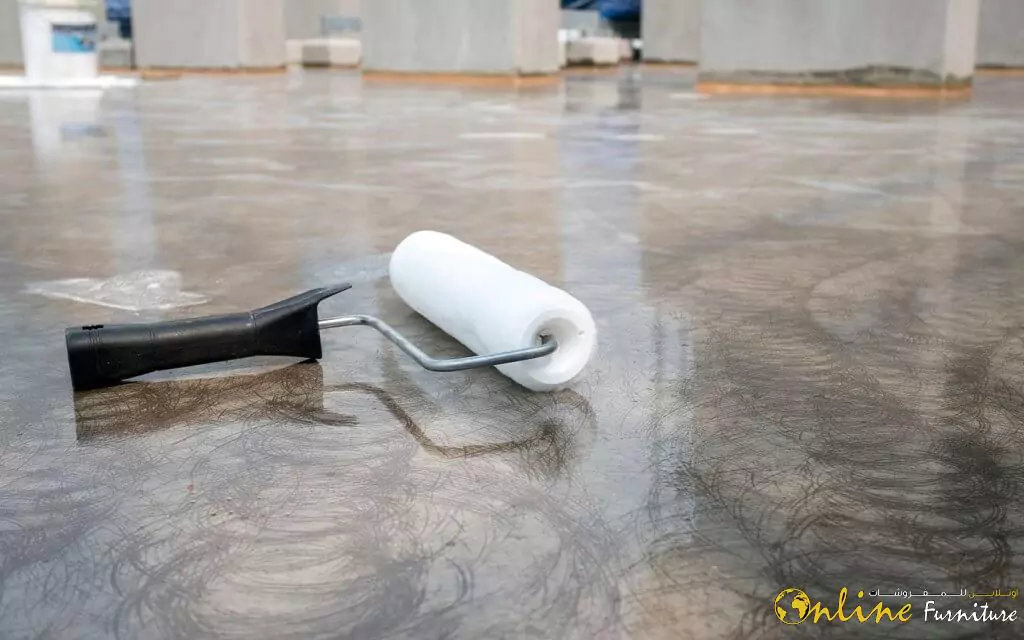
Epoxy floor coatings provide unmatched durability and can withstand nearly anything you can throw at them, including chemicals, oil and gasoline, dampness, UV light, and other materials. Epoxy coatings are sometimes mistaken for a certain kind of paint, but they’re fundamentally different from paint. In order to turn it into a spreadable liquid, a solvent essentially waters down the pigment used in traditional paint. An epoxy is not at all diluted, especially a high solids epoxy. It consists of two parts: an undiluted, dense epoxy resin as the resin, and a hardener that “cure[s]” the resin into a firm, glossy coating. Epoxy coatings are highly hard and durable and stick to a wide range of surfaces very effectively.
How durable are epoxy floor coatings?
When compared to traditional paint, epoxies are incredibly tough and long-lasting. Epoxies can last up to 30 years in domestic settings; in commercial settings, where they are subjected to significantly more traffic, they typically survive five to 10 years. Of course, a variety of factors, such as surface preparation, the thickness of the epoxy, and the use of a topcoat, affect the longevity of an epoxy. Proper surface preparation ensures that epoxy coatings can develop a strong bond with the substrate while protective topcoats guard epoxy coatings from corrosive factors like UV light or severe impacts. Additionally, thickness more or less goes without saying; a coating made of epoxy that is twice as thick will likewise last twice as long. Epoxy floor coatings, however, can endure longer than regular paint in practically any situation you might imagine.
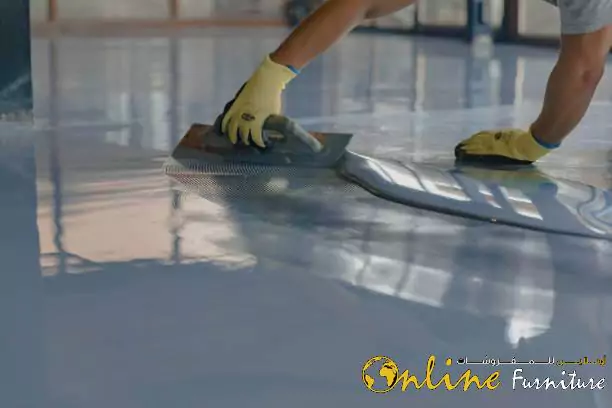
Let’s briefly discuss a few benefits of epoxy floor coatings.
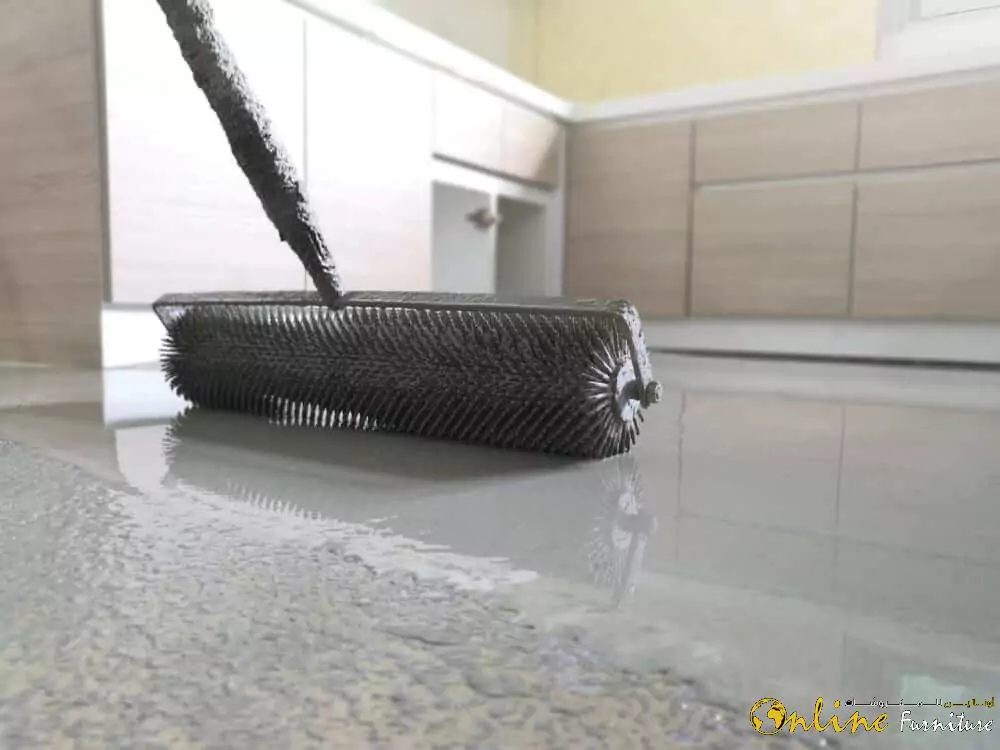
Strength : Epoxy floor coatings can withstand practically everything, including strong traffic, corrosive chemicals, and more subtly damaging elements like moisture.
Durability : “Lifetime coatings” is another name for epoxy floor coatings. Although this isn’t strictly accurate—they do eventually need to be replaced—they have been known to endure for three decades in residential settings.
Thickness : A (very) thin film of pigment is left behind after conventional paint dries because the solvent in it evaporates as the paint dries.
Epoxies, in particular those with a high solid content, go on thick and maintain that thickness during the curing process. This translates to more coating for your money and greater floor protection.
Should you apply an epoxy floor finish that is 100% solids?
The suitability of a 100% solids epoxy floor coating for you will rely on your particular set of conditions. Beyond the benefits we’ve already discussed, though, epoxy floor coatings have one significant advantage: low VOC. Conventional paint is a significant source of volatile organic compounds (VOCs), which are substances that contribute to ozone formation. VOCs are regulated by the EPA because they are an ozone precursor, which means they are subject to severe governmental regulation. If your facility is big enough, you might need to think about your VOC output because exceeding EPA restrictions might result in expensive fines. Using low VOC coatings, such as epoxies, rather than conventional paint with high VOC levels is one of the simplest ways to reduce your VOC emissions.

